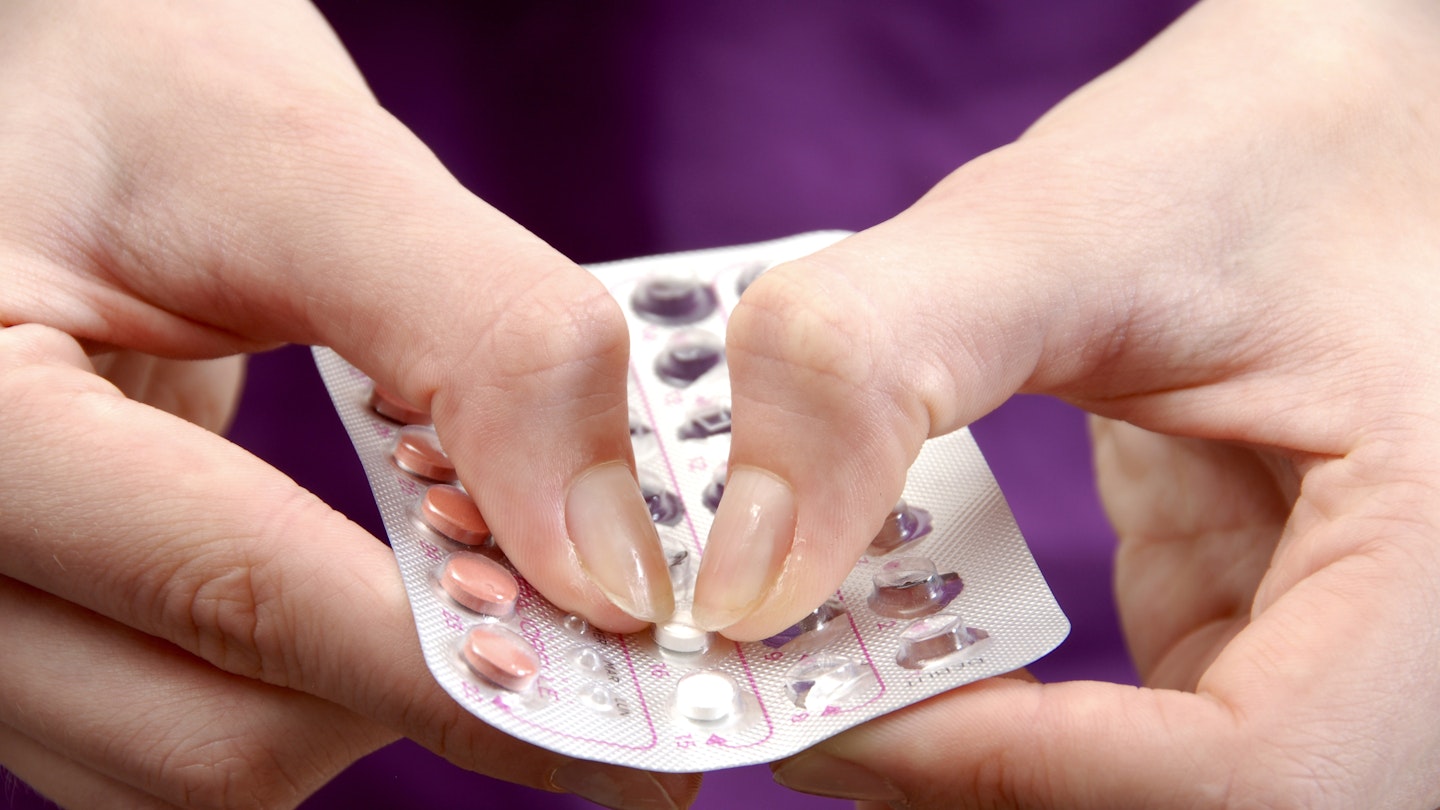The combined oral contraceptive pill, also known as "the pill", contains artificial versions of the female hormones oestrogen and progesterone.
Most women take the pill to reduce the risk of becoming pregnant (as it has a 99% effectiveness of preventing pregnancy) however some women go on the pill to help with their heavy or painful period.
The pill has its advantages but there are some side effects.
-
Breakthrough bleeding and spotting (this is common during the first few months)
-
Headaches
-
Nausea
-
Tender breasts
-
Mood swings
If they don't go after a few months, try changing to a different pill.
-
Higher blood pressure
-
The pill has been linked to blood clots (thrombosis) and breast cancer
Read more on the combined pill on the NHS.
-
Depression
-
Breast enlargement
-
Fungal infections and cystitis
-
Migraine
-
Vomiting
-
Stomach problems/diarrhoea
-
Skin rash and acne
-
Hair loss
-
Changes in body weight
-
High or low blood pressure
-
Changes in libido
Superdrug's online doctor has recommended that you seek medical attention if you have any of these side effects:
-
Painful swelling in your leg
-
Jaundice (yellowing of eyes or skin)
-
Sudden pain in the chest
-
A sudden cough
-
Difficulty breathing
-
Your first ever migraine
-
A severe migraine
-
Numbness anywhere in your body
-
Blurred vision/impaired vision
-
Difficulties with your speech
-
Fainting, dizziness or seizures

-
Face, tongue or throat swelling
-
Dimpling of your skin
-
Lumps in your breast
-
Changes in your nipples
-
Unusual discharge
-
Pain during sex/pelvic pain
-
Severe abdominal pain
READ MORE:
Am I infertile? Symptoms that you may not be able to get pregnant
